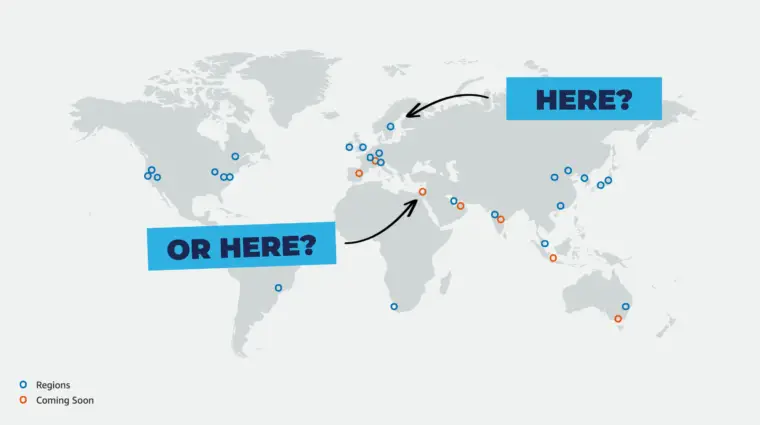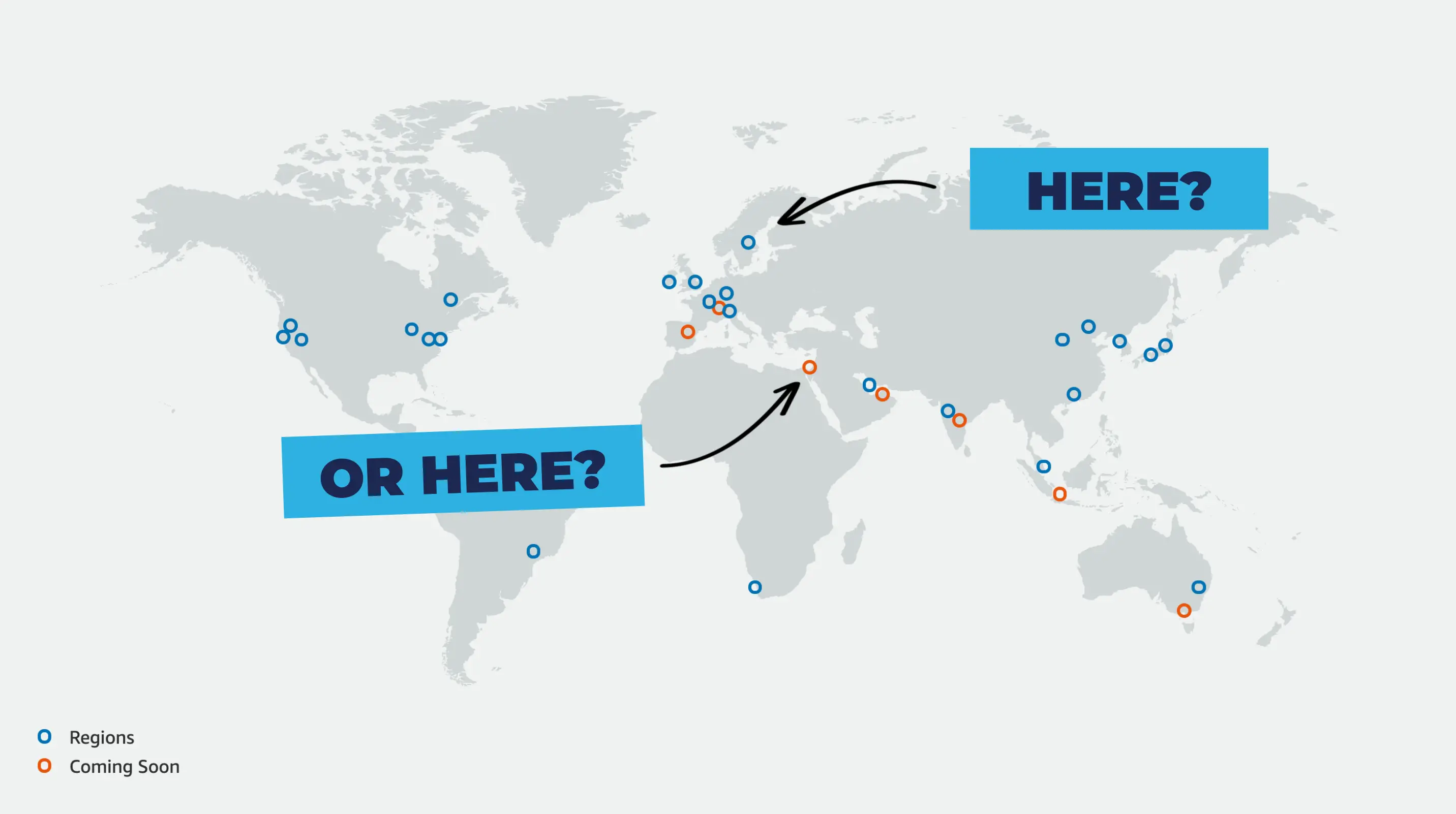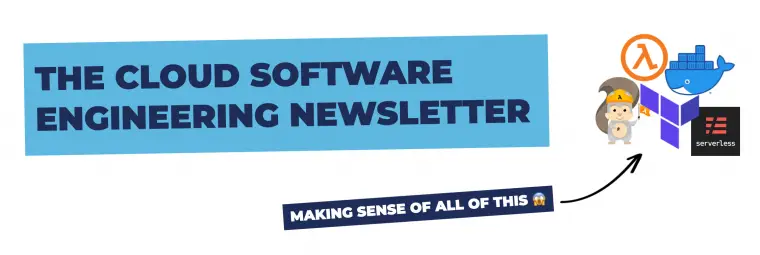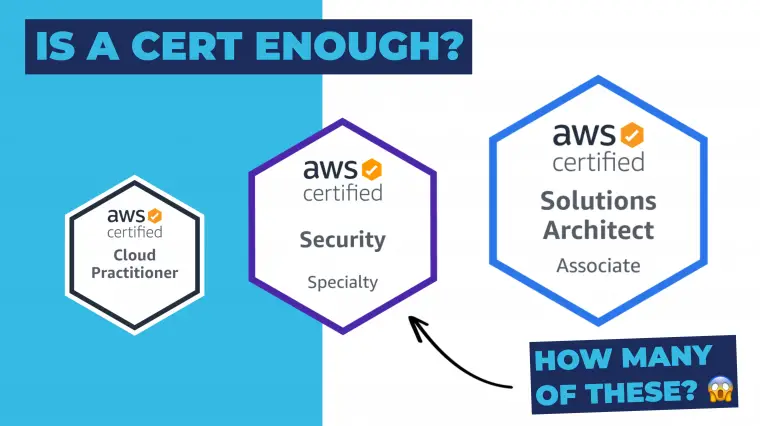Reading this somewhere that’s not your email inbox? sign-up here.
—
Hey cloud friends!
It’s been quiet on the announcements and new features front this last month— it must be summer! And, of course, for AWS, they’re busy stacking up their releases for this year’s Re:Invent. One great thing I’m seeing these last few months is a real increase in cloud content. So much more in-depth content, beginner content, etc which is great news (but of course means more work for me!).

Let’ get into it…



